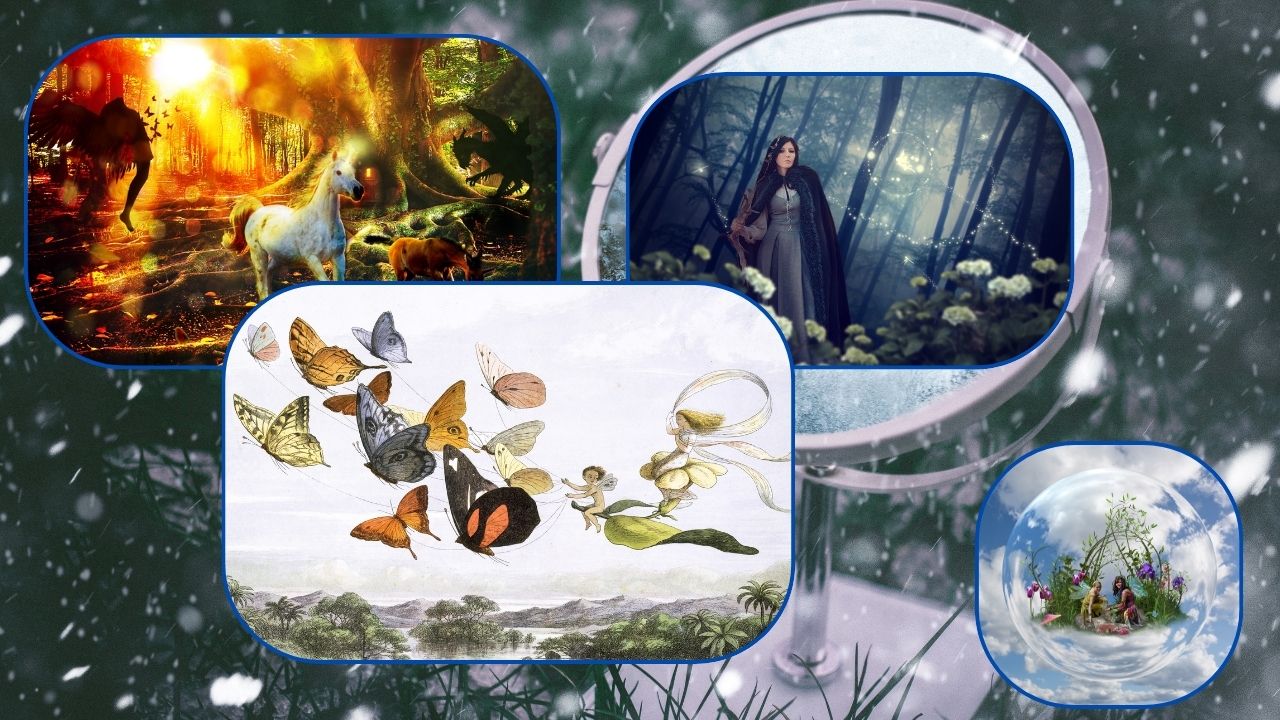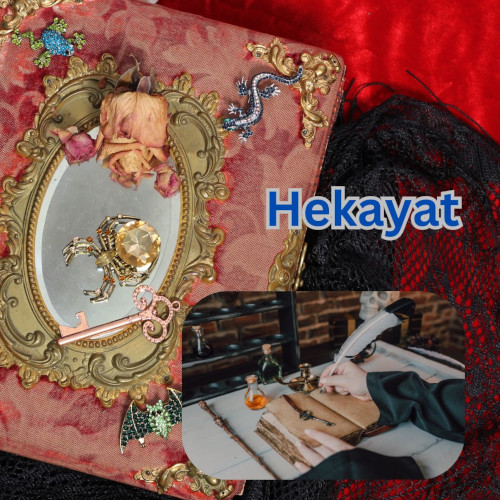Hekayat 19 from Chapter 5 of Golestan of Saadi Shirazi

English Translation for Hekayat
One of the Arab kings was told about the story of Majnun and Layla and the extent of his madness. They said that despite his great knowledge and eloquence, Majnun had abandoned society and lost his mind, wandering aimlessly in the desert.
The king ordered for Majnun to be brought before him and began to reprimand him: "What flaw did you find in the dignity of human nature that made you adopt the behavior of beasts and abandon the pleasures of human companionship?"
Majnun replied:
"Many a friend has reproached me for my love of her,
But they have not seen her face to understand my excuse."
"If only those who found fault with me,
Had seen your face, O beloved,"
"Then, instead of offering oranges to you,
They would have unknowingly cut their own hands, as in the tale of Yusuf."
Majnun continued, "If they could witness her beauty, they would understand the truth of my claim. That is the very thing you reproached me for."
The king became curious and wanted to see Layla's beauty for himself to understand what could cause such madness. He ordered that she be found. They searched among the tribes of Arabia and eventually brought Layla before the king in the palace courtyard.
When the king looked at Layla, he saw a dark-skinned and slender woman. In his eyes, she appeared insignificant because even the least of his maidservants were more beautiful and adorned with more charms than Layla.
Majnun, realizing the king’s thoughts, said, "You must look at Layla through Majnun’s eyes to understand her beauty. Only then will the secret of her charm be revealed to you."
"When I hear the name of the beloved's land,
If the birds of that place could hear, they would cry out with me."
"O my friends, tell the ignorant ones,
You do not know what pain lies within the heart of the afflicted."
"Those who are healthy do not feel the pain of the wounded,
I cannot explain my suffering to anyone except a fellow sufferer."
"Telling the tale of a bee is pointless,
To someone who has never been stung."
"Unless you have experienced what I have,
My story will seem like a mere fable to you."
"Do not compare my burning pain with another,
For he holds salt in his hand, while I suffer with an open wound."
متن حکایت
یکی را از ملوک عرب حدیث مجنون لیلی و شورش حال او بگفتند که با کمال فضل و بلاغت سر در بیابان نهاده است و زمام عقل از دست داده.
بفرمودش تا حاضر آوردند و ملامت کردن گرفت که: در شرف نفس انسان چه خلل دیدی که خوی بهایم گرفتی و ترک عشرت مردم گفتی؟
گفت:
وَ رُبَّ صَدیقٍ لامَنی فی وِدادِها
اَلَم یَرَها یَوماً فَیوضِحَ لی عُذری
کاش کآنان که عیب من جستند
رویت ای دلستان بدیدندی
تا به جای ترنج در نظرت
بی خبر دستها بریدندی
تا حقیقت معنی بر صورت دعوی گواه آمدی. فَذٰلِکَ الَّذی لُمتُنَّنی فیه.
ملک را در دل آمد جمال لیلی مطالعه کردن تا چه صورت است موجب چندین فتنه.
بفرمودش طلب کردن. در احیاء عرب بگردیدند و به دست آوردند و پیش ملک در صحن سراچه بداشتند. ملک در هیأت او نظر کرد. شخصی دید سیه فام باریک اندام. در نظرش حقیر آمد، به حکم آن که کمترین خدّام حرم او به جمال از او در پیش بودند و به زینت بیش.
مجنون به فراست دریافت، گفت: از دریچهٔ چشم مجنون باید در جمال لیلی نظر کردن تا سرّ مشاهدهٔ او بر تو تجلی کند.
ما مَرَّ مِن ذِکرِ الحِمیٰ بِمَسمَعی
لَو سَمِعَت وُرقُ الحِمی صاحَت مَعی
یا مَعشَرَ الخُلاّنِ قولوا لِلمُعا
فیٰ لَستَ تَدری ما بِقَلبِ الموجَعِ
تندرستان را نباشد درد ریش
جز به همدردی نگویم درد خویش
گفتن از زنبور بی حاصل بود
با یکی در عمر خود ناخورده نیش
تا تو را حالی نباشد همچو ما
حال ما باشد تو را افسانه پیش
سوز من با دیگری نسبت مکن
او نمک بر دست و من بر عضو ریش


